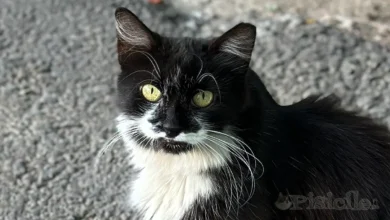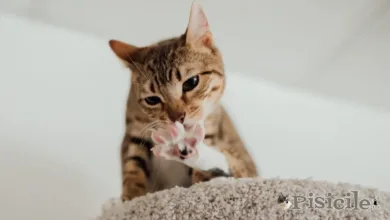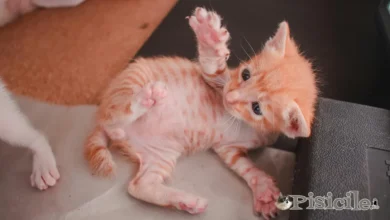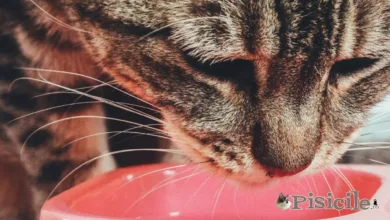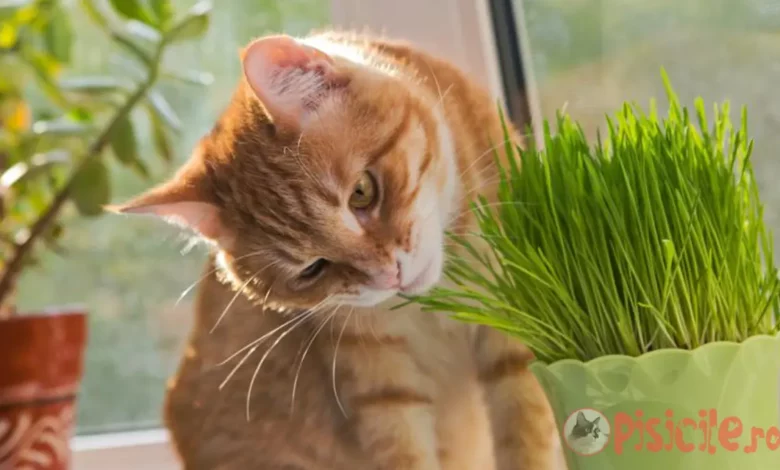
If your cat doesn't react to catnip, it's not unusual. About 30-50% of cats are not sensitive to the effects of catnip due to their genetics. Although catnip should normally have a relaxing and calming effect, some cats just don't react when they sniff catnip.
The lack of a reaction can be disappointing if you have a cat you'd like to see euphoric after sniffing catnip, but it shouldn't be a cause for concern. There are many natural explanations for this behavior, and understanding them can help you better connect with your cat's needs and preferences.
Catnip, or Nepeta cataria, is a plant that contains nepetalactone, a chemical compound that triggers a specific neurological reaction in the brain of cats. However, the response to catnip is not universal. As I said in the introduction, about half of cats are not affected by this plant, due to factors such as genetics, age or even individual preferences.
Read also: Catnip - What is it and the effects of the grass on cats
Reasons why your cat does not react to catnip
If your cat doesn't react to catnip, it's most likely genetic. Sensitivity to catnip is genetically inherited. Cats that lack a certain gene (responsible for responding to nepetalactone, the active compound in catnip) will have no reaction. Also, if your cat comes from a genetic line of cats that don't react to catnip, that's normal.
The age of the cat it also plays a very important role. Very young kittens (under 3-6 months) and older cats may be less responsive to catnip. The reaction to catnip only becomes apparent after the cat reaches sexual maturity.
The type or quality of the grass it may also be a reason why your cat does not react to catnip. Catnip can lose its effect over time, especially if it is old or improperly stored. The nepetalactone in catnip is volatile and loses its effectiveness if the plant is not fresh or has been exposed to air too much. You can try a different brand or type of product (dry catnip, spray with catnip extract, or toys impregnated with catnip).
Cats have them too individual preferences and tastes. Every cat is unique. Even cats that have the sensitivity gene can have different responses. Some may be more interested in other plants such as valerian, lemongrass or silvervine.
Do not expose the cat to catnip for a long time, because it could occur desensitization. If your cat has been exposed to catnip frequently, it may become temporarily desensitized. Try to limit the use of catnip and offer it again after a few weeks break.
Health problems can also be a cause. Although less common, a lack of interest in new stimuli (including catnip) can be a sign of a health problem or stress. If you notice other symptoms, such as lethargy or lack of appetite, you should consult a veterinarian.
Bottom line, if your cat doesn't react to catnip, it doesn't mean she's missing something or that she's unhappy. Every cat is unique and its preferences reflect its personality and genetic heritage. Instead of worrying, try to discover other ways in which you can stimulate his curiosity and joy, whether with alternatives such as silvervine, valerian or interactive toys. The important thing is to provide him with a safe environment full of opportunities to explore so that he can have a healthy and happy life.
